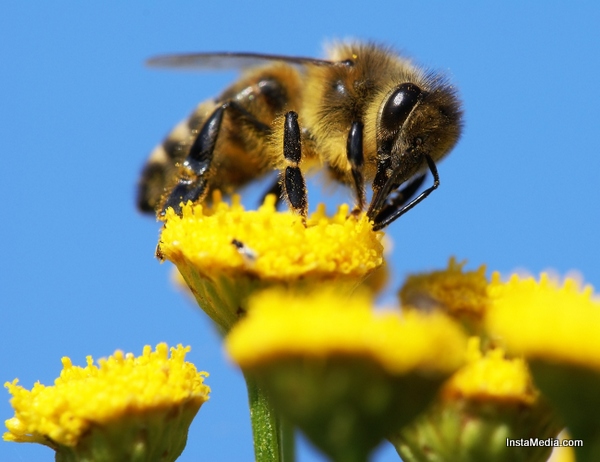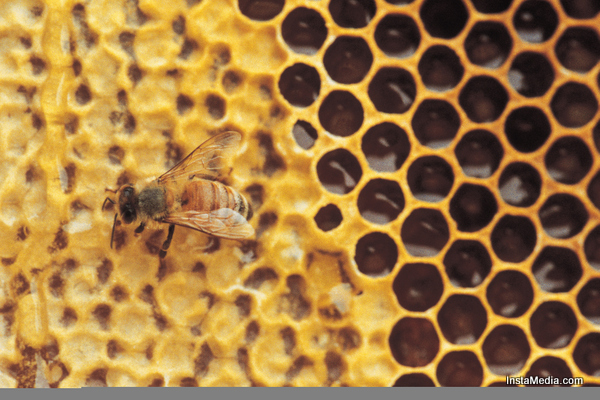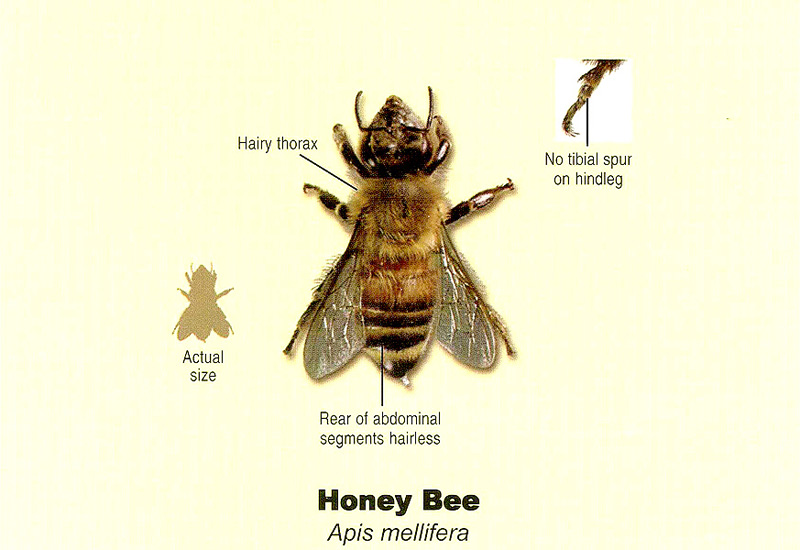It has been found out that one honeybee searches for pollen and nectar in flowers that vary from a hundred to perhaps over thousands in a single day. This extensive search for food makes the honeybee travel vast expanses of land through which she must navigate back to her shelter accurately; sometimes the distance can span up to 8 kilometers. When a honeybee finds flowers in abundance, it does a special ‘waggle dance’ which signals the other bees and lets them know that there are plenty of flowers available.
However, unfortunately our high-tech and advanced farming techniques and indiscriminate use of pesticides has rendered it impossible for the honeybee or bumblebee to perform her nectar/pollen seeking activities. A study has shown that they are severely impaired in their memory power to recollect the right way back home and this disability could spell doom for them.
A neurologist at Newcastle University in England, Jeri Wright, has conducted various researches in which he has detected that pesticides might be the key contributor which has led to the CCD effect or the ‘colony collapse disorder’ in the honeybees. This has led to a massive deaths in the honeybees up to millions in numbers since the year 2006. Since honeybees and bumblebees are the main sources of pollinators, it has indeed led to a very severe loss.
Honeybees rely on the ‘memory of scent’ in order to find out flowers that have abundant pollen and nectar. They are nature’s most effective foragers owing to their ability to remember thing, learn quickly and also communicate amongst themselves. One third of the food that we consume in the form of vegetation or plants is a result of the pollination done by honeybees and hence their death will lead to drastic food shortages.
The pesticides that enter the honeybees through the nectar end up impacting the neurons negatively and hence, the honeybees find it difficult to communicate with their other colony mates. Further laboratory tests reveal, under controlled conditions, that when a honeybee takes in a cocktail of pesticides the effect on its memory is much worse than when exposed to just a single pesticide. One of the commonly used pesticides to ward off and treat Varroa mites in honeybee colonies is coumaphos, which has perhaps increased the vulnerability of the honeybees to getting poisoned by the other pesticides. During the past few years, there has been a drastic decrease in the bee population and their species which can also be attributed to a changed topography and a destroyed habitat along with the indiscriminate use of insecticides and pesticides. Various species of the bumblebee have more or less become extinct and this is not specific to one place, as multiple continents are getting affected by this.
Bees are extremely important as they are major pollinator of various flowering fruits and crops and the UN reports state that these natural pollinators in the form of bees, beetles, birds and butterflies together do work that can be equated to $203 billion annually. It is important to try to eliminate or at least reduce the pesticide level in or food chain so that the killings of our natural pollinators is curbed at the earliest.






